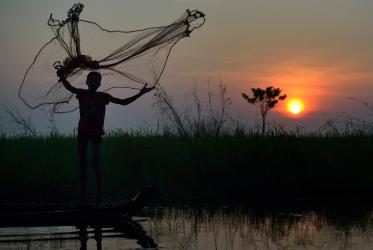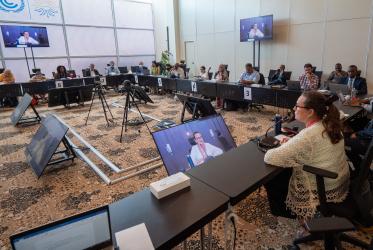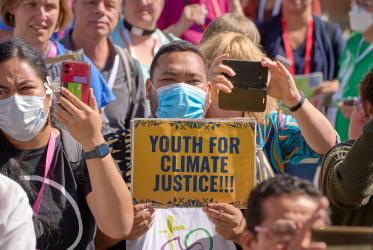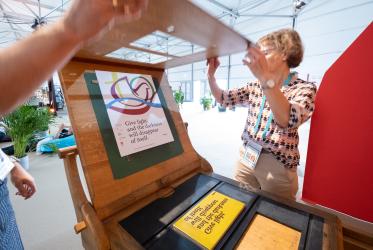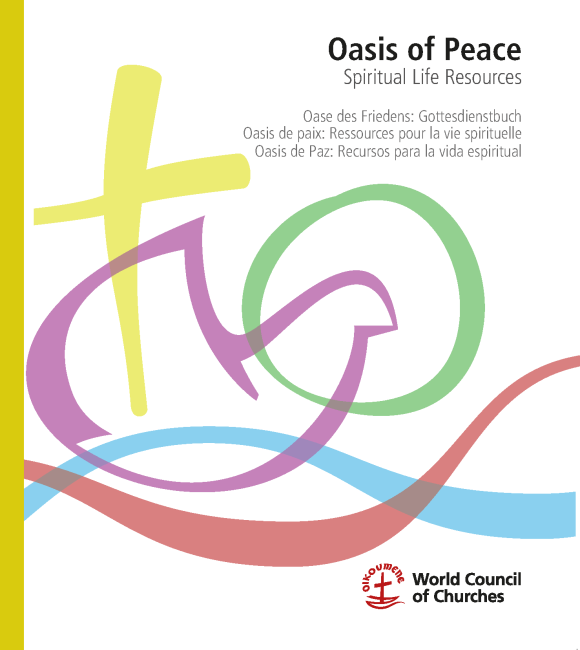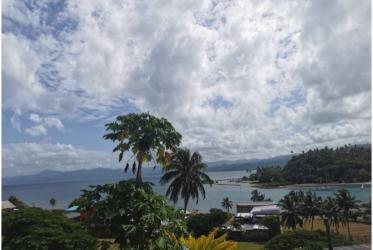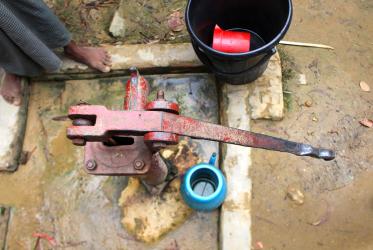Actions by those who care about children, climate, and finance
This document was developed by the WCC’s Child Rights programme in response to requests by children and youth urging adults to find solutions to the climate crisis. This is the third updated edition.
The research examines the impact of financial choices on global warming and reviews related solutions which can bend the CO2 emissions curve (also called the “Keeling Curve”). It shares information, good practices, and suggestions on the efficiency of financial measures to address global warming. It aims to support discussions and discernment among working groups and decision-makers who want to consider influential strategies to address the climate crisis.
16 August 2022

